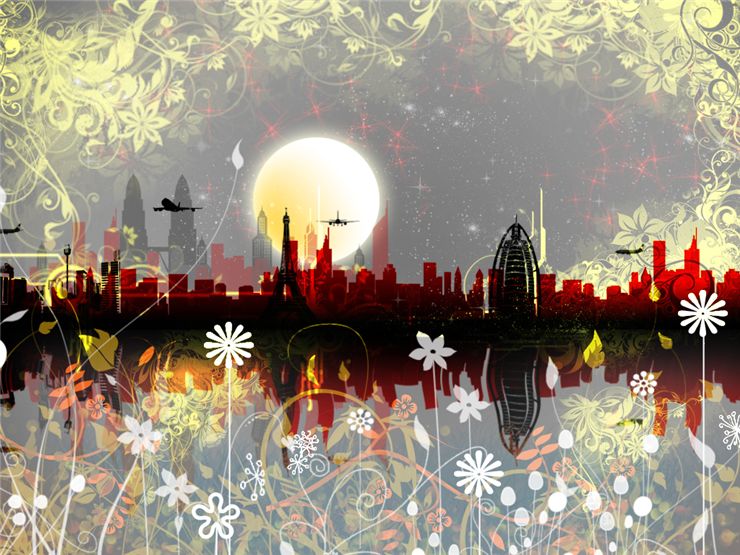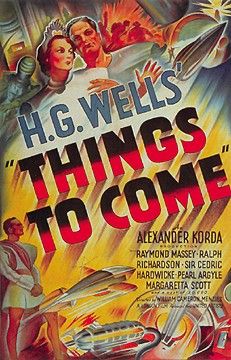What is Utopia? - Definition
Utopia is a term for an imagined place where everything is perfect. It has been used to describe an imaginary world where the social justice is achieved as well as the principles that could guarantee it. Utopia symbolizes people's hopes and dreams. Utopia turns to be synonymous with impossible because an ideal life in a perfect society that it offers appears to be out of reach. The authors of utopias depict the societies similar to theirs but better organized. They also offer a detailed plan of how we can create such a society and how it might be run. The term was taken from Thomas More's novel Utopia, published in 1551, where he depicted an ideal society based on equalism, economic and political prosperity and where poverty and misery were eradicated. More's Utopia is inspired by Plato's Republic, which is considered the first utopian novel.
Most important utopian works include Edward Bellamy's Looking Backward (1888); H. G. Wells' A Modern utopia (1905) and The Shape to Things to Come (1933); Ursula K. Le Guin's The Dispossessed (1974), among others.
There are optimistic and pessimistic visions, the narratives that reflect optimistic world-view could be called utopia and the narratives that reflect pessimistic world-view could be termed dystopia. Dystopias challenges utopia's assumption of human perfectibility and negate the possibility of perfect societies. The dystopia uses the depiction of negative future and describes what will happen if certain current trends continue. Like utopias, dystopias suggest and depict the possibility to change their society, but, unlike utopias, they do not offer any hopeful solution to them and do not accept radically new future.
The utopian story is usually set in an isolated place, and people live there according to the principles of that location. There is a dictated and enacted ruling class, that is often considered as idealistic in practice towards the society and it establishes a society that has almost achieved perfection. Unlike utopian politics, dystopian governments are oppressive, and the citizens of the dystopian society do not have positive opinion about them. Both utopias and dystopias are set in the future and feature same elements but in different connotations, for example, more advanced technology and science. In utopian stories, it is believed that more advanced technology and science is used to enhance the human living conditions, like the absence of death and suffering. In dystopian stories, the more advanced technology is available only to the group in power to improve their oppression. Unlike utopian fiction, which often features an outsider as the protagonist, dystopias seldom do that.
The creation of imaginary worlds of dystopia and utopia is probably based upon author's optimistic or pessimistic perception of the world.

